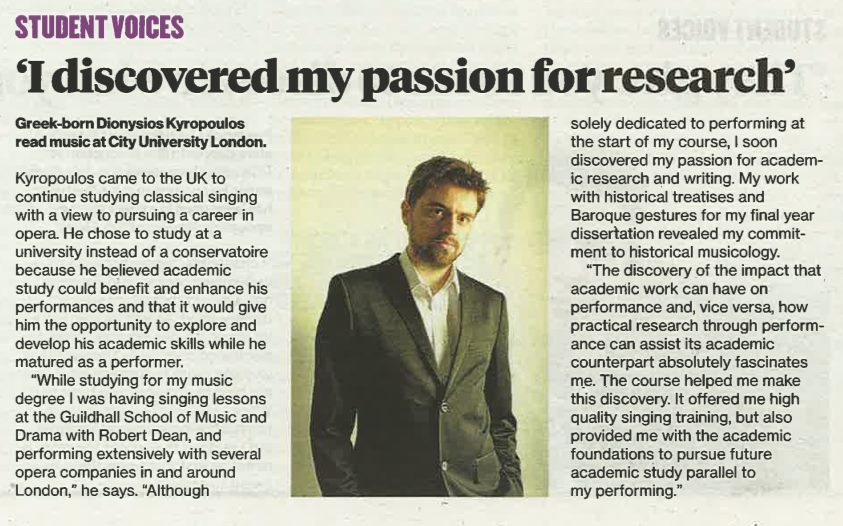Ian Pace, Lecturer in Music and Head of Performance at City University, is also continuing to pursue an active international performing career. In August 2012 he was a resident artist at the University of Santiago, Chile, where he gave two major recitals (featuring music of Beethoven-Liszt, Debussy, Karlheinz Stockhausen, Brian Ferneyhough, Salvatore Sciarrino, Marco Stroppa, Michael Finnissy and others) and a series of lectures, masterclasses and composer workshops. This was followed by a concert in Buenos Aires, Argentina.
Upon returning to the UK, he gave a major performance at A Festival of Light in Birmingham, a special festival devoted to the work of Karlheinz Stockhausen, where on August 20th he gave highly-admired performances of Kontakte (with percussionist Chris Brannick and sound projection by Jonty Harrison) and Klavierstück X, a staple of his repertoire.
On October 27th he gave an important recital at the ISCM World Music Days in association with the TRANSIT Festival in Leuven, Belgium, to which Ian has been a regular visitor since 2000, and where he has previously premiered works of Ferneyhough, Richard Barrett, Wieland Hoban, Gordon Downie and Horatiu Radulescu. This year he gave a concert of new works by the Canadian composer Heather Hindman, Latvina Santa Buss, Ukranian Masym Kolomiiets, German Harald Muenz, and Norwegian Herman Vogt, as well as a TRANSIT commission by the veteran Belgian composer André Laporte, his new work for piano and tape, Graffiti on a Royal Ground.
On November 6th he gave a recital of four piano sonatas at City University – by Karl Amadeus Hartmann, Elliott Carter, Pierre Boulez and Serge Prokofiev – all written within three years of the end of World War Two, connecting with his own research into the reconstruction of musical life and the emergence of the musical avant-garde during this period. On Tuesday November 27th, 19:00, again at City, he will perform Kontakte with Chris Brannick, with sound projection by Peiman Khosravi. The concert will also include a performance of Benjamin Boretz’s Downtime for piano and tape, which he performed at Queen’s University, Belfast earlier in the year and has recorded, and a performance by improvising artist John Wall.
On December 8th Ian will give the world premiere of Paul Rhys’s Piano Concerto in London. 2013 will include performances in Portugal, Austria, Italy, and Greece and a recital in the new London Ear festival (for which he is an artistic advisor) including the UK premiere of Marco Stroppa’s complete miniature estrose, Book 1. He will also be making a new recording of John Cage’s landmark cycle Music of Changes.
On a different note, Ian is also known for initiating extended (and sometimes heated) debates on matters musical and political, sometimes on social media and other online forums. One such which took place at the end of October concerned the recent protest carried out by the German composer Johannes Kreidler at the Donaueschingen Music Days, protesting against the merger of the Südwestrundfunk radio orchestras in Baden-Baden/Freiburg and Stuttgart. A long debate ensued on the ethics and strategies of protest in general, bringing in a wide range of figures including composers Richard Barrett, Daniel James Wolf, Samuel Vriezen, Jim Aitchison, Mark Barden and Patricia Alessandrini, musicologists Seth Brodsky and Richard Wattenbarger, and others. This was all copied and posted on Ian’s personal blog, here, whilst a PDF version of the debate has been prepared by Chris Swithinbank and placed on his blog here . All those interested in issues of music and politics, and the viability of protest and its optimal strategies, should look at this involved and sometimes charged debate.
Senior Lecturer Dr Alexander Lingas, who has been spending the autumn term as a Visiting Research Fellow in Hellenic Studies at Princeton University, will be joining a distinguished group of scholars offering presentations on ancient and modern facets of Byzantine music in New York City. On Thursday, 29 November he will open a series of lectures at Queens College of the City University of New York with an introduction to the history of music in Byzantium.





